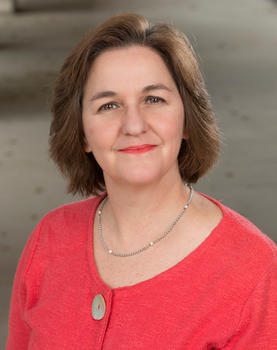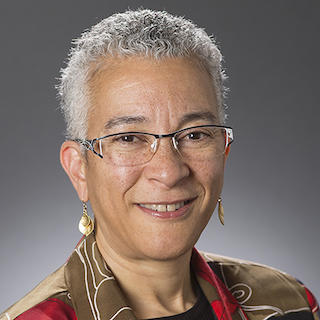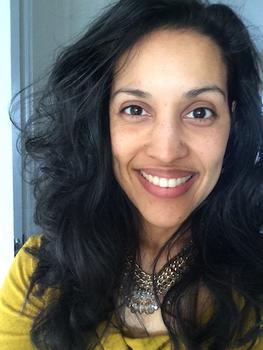There are times when studying peace and conflict resolution is theoretical. But at George Mason University’s Carter School for Peace and Conflict Resolution, students also put their knowledge into action to benefit the local community.

Since January, the school has partnered with Restorative Arlington, a new initiative aimed at incorporating restorative justice practices into Arlington County’s public schools, legal system and community. The partnership was formalized in July when Carter School Dean Alpaslan Özerdem and Arlington County Manager Mark Schwartz signed a joint Letter of Intent.
“It really is an opportunity for students to be on the ground floor of how a major community-driven initiative is built,” said Carter School professor Susan Hirsch, who will teach a conflict course next semester where students can directly support the initiative. “It’s the best of experiential learning.”
Restorative justice is an alternative approach to punitive discipline. At its center is community building and repairing not only the harm done, but also relationships.
“The Carter School partnership offers engagement on multiple levels,” said Liane Rozzell, Restorative Arlington’s project coordinator. “We have students who help us grow the initiative while they’re learning themselves; there are faculty who are knowledgeable and excited, who can contribute their expertise to this process.”

The support from Mason is multifaceted, Rozzell said. Some of those ways the school is and will continue to be involved include evaluating how the initiative is going, training teachers and community members on how to facilitate restorative justice practices, developing curriculum, organizing dialogues and conducting research.
“All of this is very needed and it gives us a tremendous boost that we couldn’t do on our own,” Rozzell said.
What would incorporating restorative justice look like in action?
“We would have way fewer, if any, students suspended,” Rozzell said. “We’d have way more connection and folks thriving in schools.”

“My hope is that a number of different cases that might have gone to the criminal legal system might find their way to be handled outside that system,” Hirsch said. “I would also hope that community members would [develop] a restorative ethic and feel empowered to resolve other conflicts using approaches that are restorative and not punitive.”
Kimiko Lighty, MA Interdisciplinary Studies ’10, is interim co-coordinator for Restorative Arlington. She is one of several Mason alumni contributing to the initiative. Most recently she helped create Restorative Arlington’s strategic plan and facilitated VCircles, virtual groups held over Zoom that focused on community building.
“The first time I heard about restorative justice was in a peace studies class at Mason,” said Lighty, who works as a restorative justice practitioner for Northern Virginia Mediation Services.
“I think we have a disposability crisis in our civilization, where we have so much disposable stuff that it leads us to start thinking about people as disposable,” she said. “Restorative justice honors the fact that we’re all connected—it gives us a way to see people as whole people that we live in relation with, and that does work in preventing harm before it even happens.”
Read more about the Carter School
- January 21, 2026
- December 2, 2025
- September 9, 2025
- August 21, 2025
- August 21, 2025
